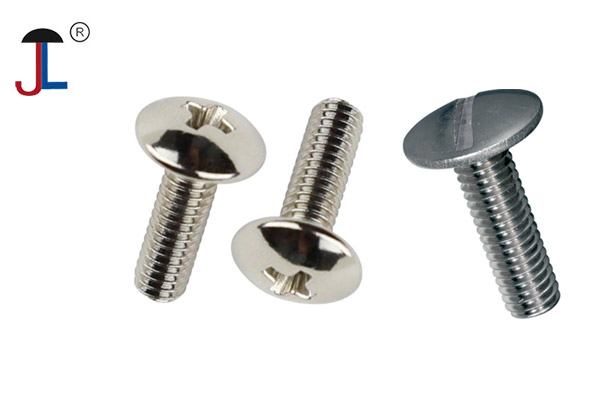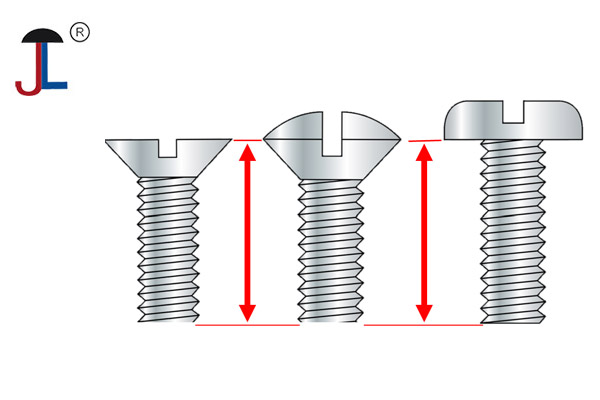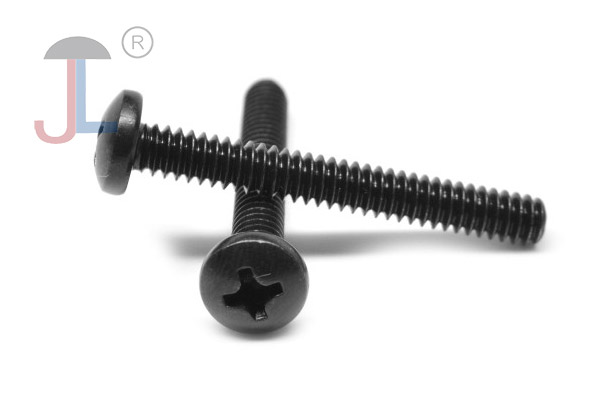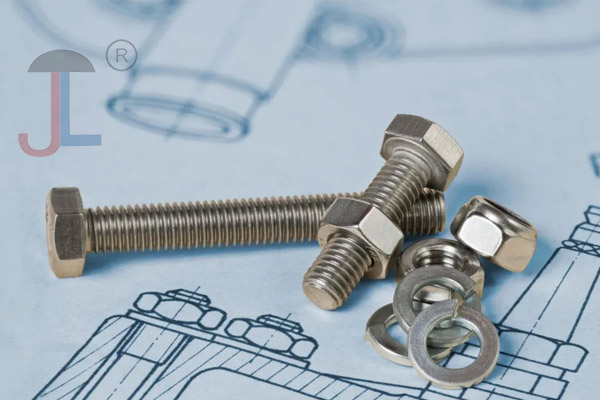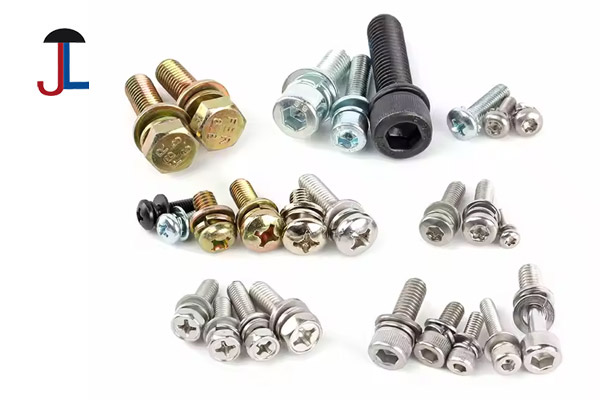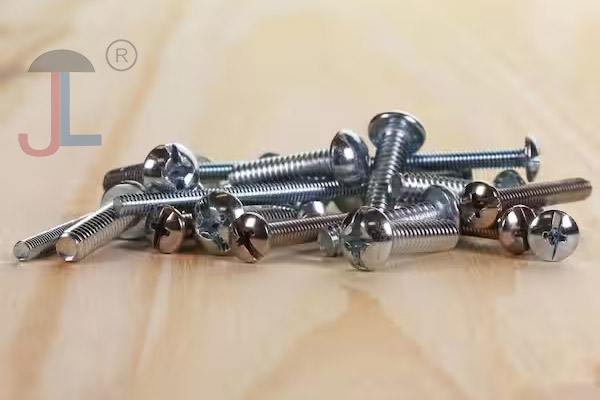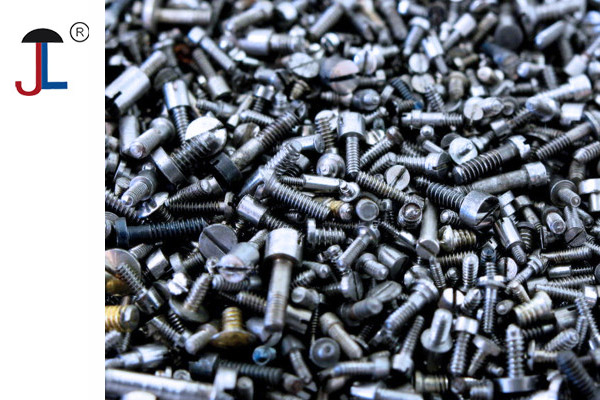What are machine screws made of
Machine screws are commonly made from a variety of metals and sometimes plastics, chosen based on the required strength, corrosion resistance, and application. The most typical materials include:
-
Steel: This is the most common material for machine screws. It includes various types such as carbon steel (with varying carbon content affecting strength and hardness), alloy steel (for exceptional strength), and stainless steel (which offers good corrosion resistance and is widely used outdoors and in marine environments).
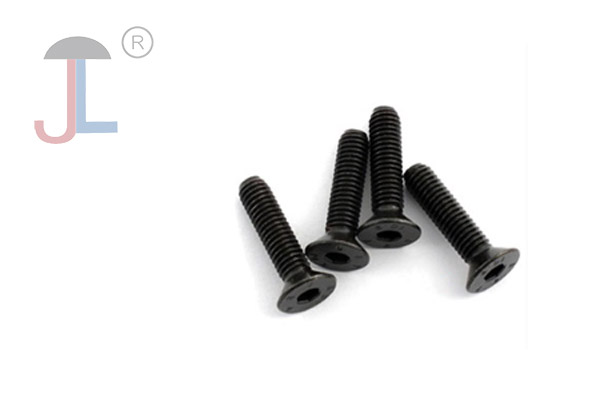
-
Stainless Steel: An iron alloy with at least 10.5% chromium, stainless steel screws resist rust and corrosion well, making them ideal for outdoor, marine, and moisture-exposed applications.
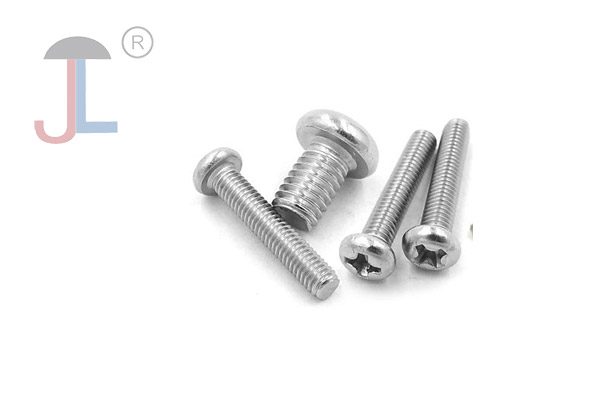
-
Brass: A copper-zinc alloy, brass screws are corrosion-resistant and often chosen for their aesthetic appeal in decorative or marine uses. They are easier to manufacture but less strong than steel or stainless steel screws.
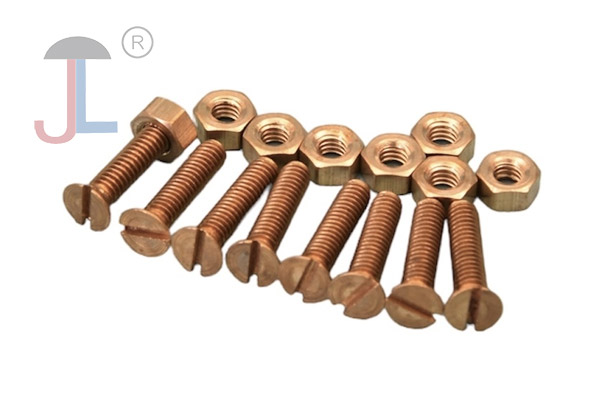
-
Aluminum: Lightweight and corrosion-resistant, aluminum screws are used where weight reduction is important, such as in electronics, automotive, and aerospace applications. They are less durable than steel but non-magnetic and suitable for lighter components.
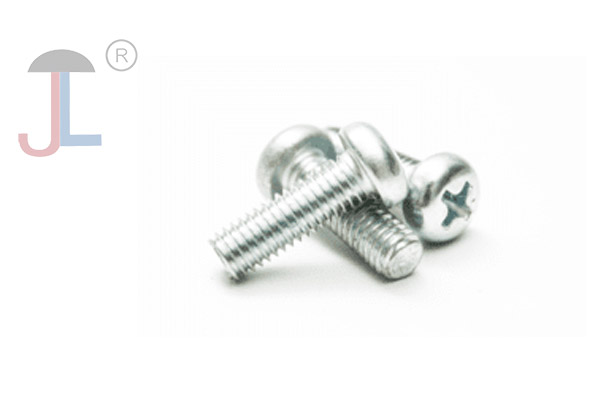
-
Titanium: Known for its exceptional strength-to-weight ratio and corrosion resistance, titanium screws are used in aerospace, medical implants, and high-performance applications where durability and light weight are critical.
-
Plastic (Polymer) Screws: Made from materials like nylon, polypropylene, or polycarbonate, plastic screws offer chemical resistance, electrical insulation, and are lightweight. They are used where metal fasteners are unsuitable, such as in electronics or food processing machinery.
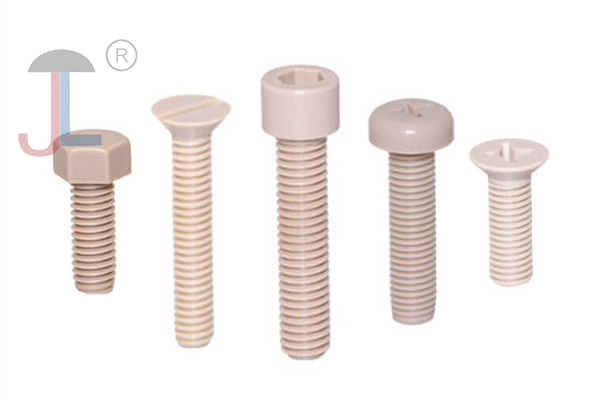
In summary, machine screws are most commonly made from steel (including stainless and alloy steels), brass, aluminum, titanium, and sometimes plastic, with each material selected to meet the mechanical and environmental demands of the application.







